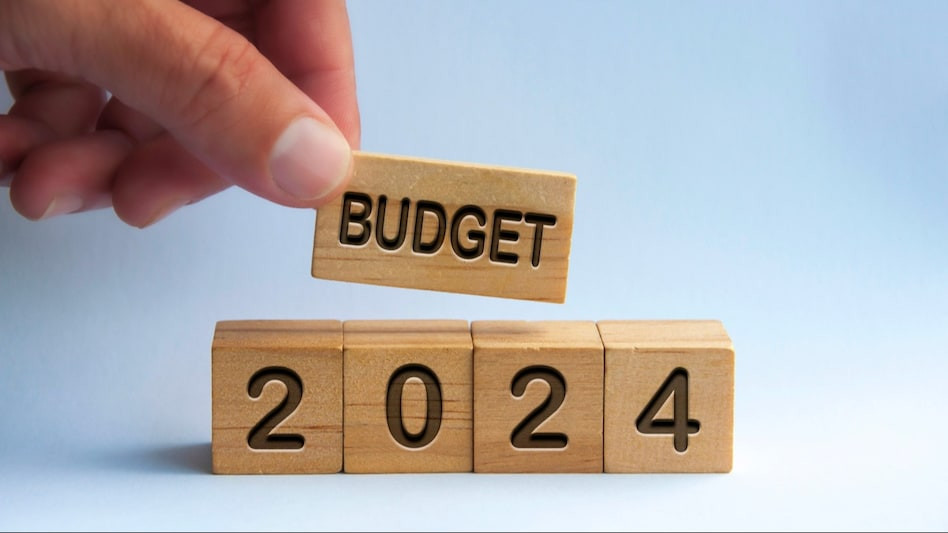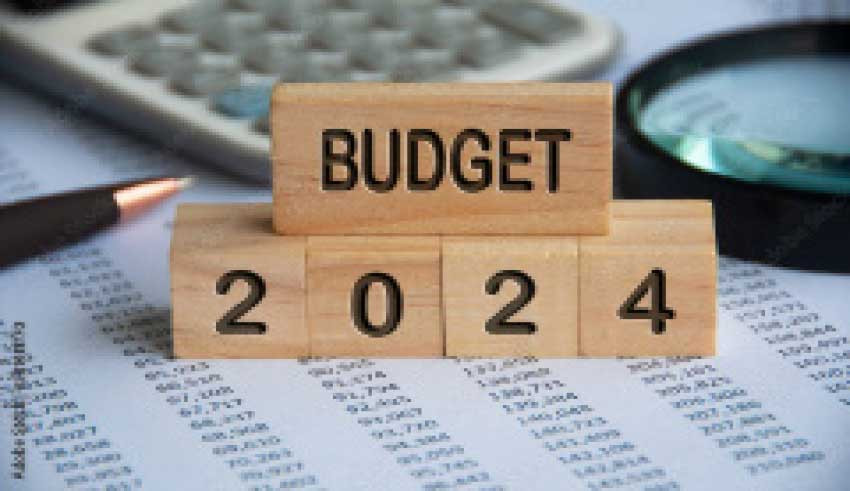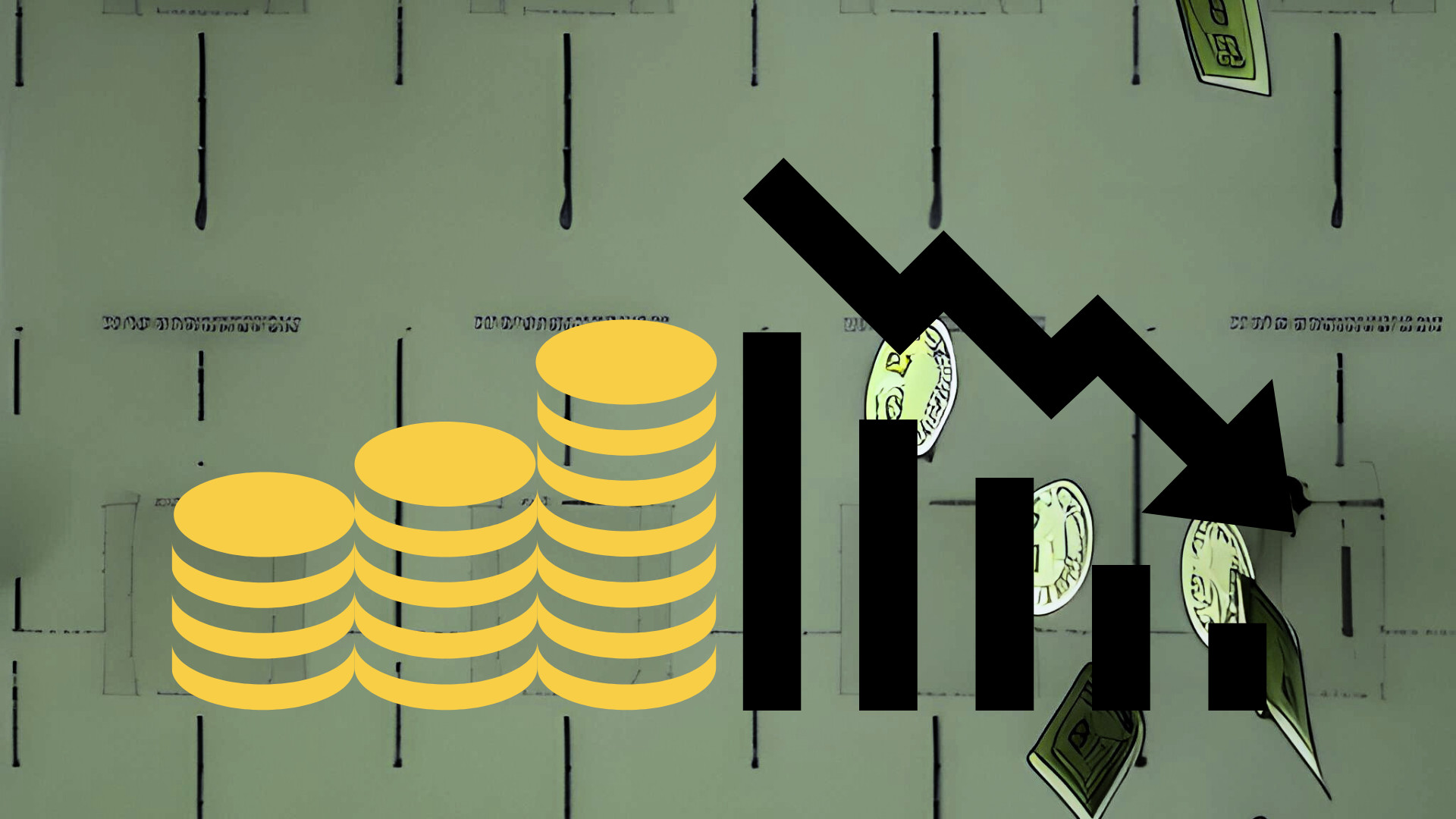Poland's 2025 Budget: Navigating Fiscal Challenges Amidst Uncertain Economic Outlook
Poland's government has unveiled its draft budget for 2025, outlining a strategy aimed at fiscal consolidation amidst an uncertain economic landscape. The proposed budget targets a reduction in the budget deficit, marking a departure from the expansive fiscal policies implemented during the COVID-19 pandemic and the recent energy crisis. However, the path to fiscal stability is fraught with challenges, driven by persistent inflation, geopolitical tensions, and the looming prospect of a recession.
The Balancing Act: Fiscal Consolidation and Economic Growth
The government's ambitious plan aims to curb public spending and raise revenues to achieve a budget deficit of 2.5% of GDP in 2025, down from the projected 3.1% in 2024. This commitment to fiscal consolidation is underpinned by a desire to maintain Poland's creditworthiness and preserve its access to affordable financing. The government's fiscal discipline is crucial, particularly as Poland seeks to join the Eurozone. However, the pursuit of fiscal consolidation comes with significant economic risks.
Inflation and the Cost of Living
Persistent inflation remains a major challenge for the Polish economy, significantly impacting household budgets and consumer confidence. While inflation has moderated from its peak, it continues to outpace wage growth, eroding purchasing power and fueling social discontent. The government's efforts to control inflation through price caps and subsidies have had mixed results, and the ongoing war in Ukraine further exacerbates the inflationary pressures.
The Shadow of Recession
The global economic outlook remains uncertain, with a recession looming for many major economies. This poses a significant risk to Poland's economic growth, as external demand for Polish exports weakens. The potential economic downturn could further strain government finances, impacting the country's ability to achieve its fiscal goals.
Geopolitical Tensions and Refugee Crisis
The ongoing war in Ukraine has profoundly impacted Poland's economy. Poland has become a major humanitarian hub for Ukrainian refugees, incurring significant costs in providing shelter, food, and essential services. The war has also disrupted supply chains and energy markets, adding to inflationary pressures.
Fiscal Consolidation: The Road Ahead
The government's commitment to fiscal consolidation is a positive step towards ensuring Poland's long-term financial stability. However, the path ahead is fraught with challenges, and the government's ability to navigate these obstacles will be critical to Poland's economic success.
The Uncertain Future: A Question of Balance
The 2025 budget proposal reflects the delicate balance Poland faces between fiscal consolidation and economic growth. The government's ability to achieve its fiscal goals will depend on its ability to manage the risks posed by inflation, recession, and geopolitical instability. The upcoming months will be crucial in determining the trajectory of Poland's economy and its ability to navigate these challenging times.



















